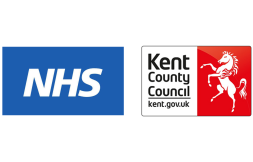Risk assessment in the EU
The EU has produced an infographic to show how the EU’s Scientific Committees assess risks. It not only shows in a clear and concise way how the Committees function but also provides concrete examples of how their work impacts EU legislation. To download the infographic on Risk Assessment from the ec.europa.eu website
Risk assessment in the EU Read More »
